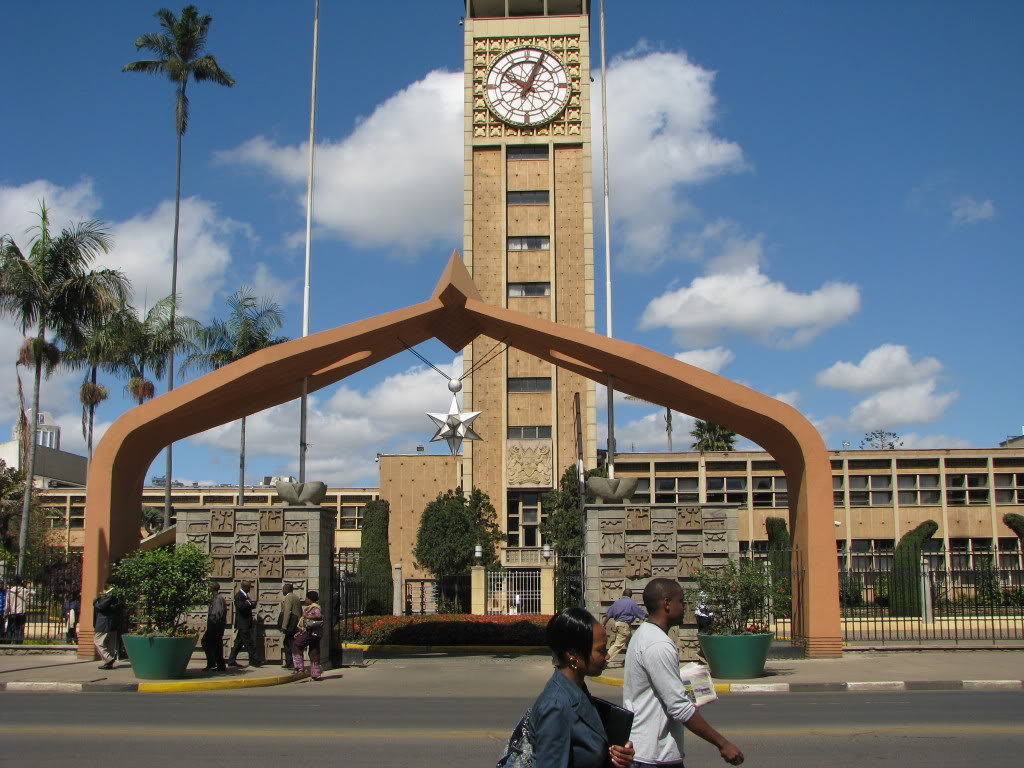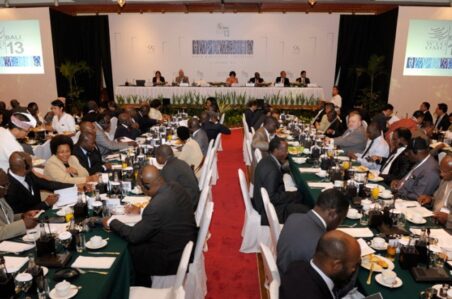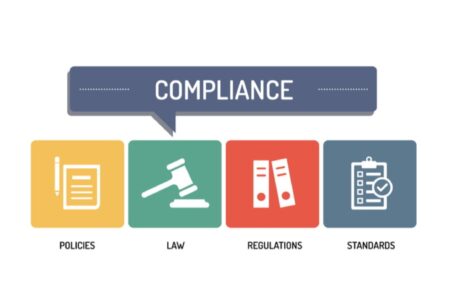Lobbying and Advocacy
Horticulture Kenya partners and other stakeholders engages in various activities by cooperating, establishing networks and partnerships, complementing each other’s work, conducting in-depth, long-term research, responding flexibly to new knowledge and opinions, developing alternatives, and persistently pursuing policy reforms. Business membership organizations in Horticulture are constantly engaging with the national and county governments in Kenya on relevant matters on behalf of their members concerning the ease of doing business. Occasionally, they also do lobbying at the international level on matters concerning trade.

Communication
The Business Membership Organizations in the Horticulture sector creates value through constant communication on relevant matters to members. This helps to enhance understanding between the associations’ membership and with the industry. It also creates trust, relevance and loyalty as the stakeholders interests are taken care of.
The partners represent the public sector, private sector and the international market through effective communications of emerging issues and developments, networking, and public relations to create mutual relationships.

Trade facilitation and market access
There are quite high chances of the complex negotiations on trade that take place between the Government of Kenya and its international markets. In addition, there are negotiations between seller/exporters and the buyers to reach for the market access. The facilitation enhances the market access and favour our horticultural export products. Industry associations are active participants in these negotiations on behalf of exporters.

Compliance
Trade compliance is a responsibility for all businesses and especially important for those importing and exporting. The bigger the business, the greater the compliance expectations. Associations are at the forefront to ensure Kenya exporters of horticultural products fully understand what rules and regulations apply to them in different markets and are fully compliant.
Getting trade compliance right means exporters meet the demands of customers and suppliers while supporting long-term growth, sustainability, and competitive advantage. It’s one of the hidden elements of a successful global supply chain.



